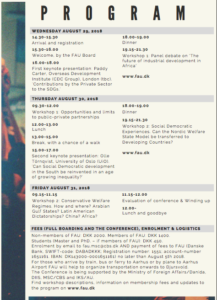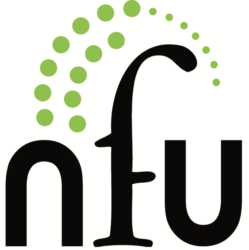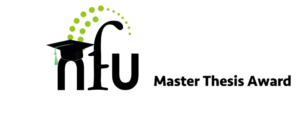A New Order for Development – State, Market or both?
For most updated information, and prelimiary program: http://www.fau.dk/regular-activities/156-fau-seminar-april-12-14-2018-a-new-order-for-development-state-market-or-both.html
Are Brexit, Trump, and the rise of nationalist parties and authoritarianism in many countries within the past 5 years signs of an emerging new order of development?
This is the topic of a 3-day seminar for development researchers, practitioners and students. The format of the seminar provides a rare opportunity to engage in more in-depth, interdisciplinary and direct discussions than is normally the case. It takes place in the tranquil surroundings of rural
Djursland and emphasizes informal interaction between international and Danish speakers and participants.
International scholars (Dirk Willem te Velde, ODI; and Olle Törnquist, UiO) will give plenary input while groups of committed scholars from different institutions convene the two workshops (1. The Private Sector and Financing the SDGs, and 2. Does the State still have a Role as Welfare Provider in Developing Countries?).
Through these debates, the seminar will address:
1. What do these changes mean for the global role of dominant powers and marginalized
regions in the south and elsewhere?
2. How have these changes affected development research and development programs and
projects as we have known them and what can we expect in the future?
3. To what extent are these changes part of larger trends of affecting states, markets, civil
societies and their interaction?
We thereby hope to address the challenges and opportunities of a possible new order of development especially issues of how and whom to finance, deliver and decide over growth and welfare. See the preliminary conference program below.
Dirk Willem te Velde is a Principal Research Fellow and head of the International Economic Development Group at Overseas Development Institute (ODI). He has worked on a number of themes relating to the private sector in development, state-business relations and more (read
more here: www.odi.org). Olle Törnquist is Professor of Political Science at University of Oslo (UiO), Norway. He has worked on democracy and popular movements in developing countries, particular in Asia for many years (read more here: sv.uio.no).
Workshop 1 on ‘The Private Sector and Financing the SDGs’ is convened by: Lars Engberg-Pedersen, Danish Institute for International Studies (DIIS), Søren Jeppesen, Copenhagen Business School (CBS), and Michael Wendelboe Hansen, CBS. (See detailed workshop program below)
Workshop 2 on ‘Does the State still have a Role as Welfare Provider in Developing Countries?’ is
convened by: Aase Mygind Madsen (VIA), and Martin Hvidt, University of Southern Denmark.
Participants interested in presenting a paper in the workshops are kindly requested to contact the conveners (see names and emails below).
Registration & Fees: Registration takes place in two steps; a) an email to the FAU Assistant (fau.msc@cbs.dk) including full name, name of institution, choice of workshop (1 or 2), and dietary requirements, if any, and b) payment of the registration fee (see the categories below) to the FAU bank account at: Danske Bank, SWIFT-code: DABADKKK; Registration-number: 1551; account-number 1651161. IBAN: DK143000-0001651161.
Only when the payment is registered, is the registration complete.
The deadline for registration is Wednesday 28 March 2018.
The participants’ fees covering full board during the seminar from Thursday 12th in the afternoonto Saturday 14 th at lunchtime and lodging. The fees are as follows:
– Students (Master and PhD): DKK 450/Euros 60 (if members of FAU. See fees below).
– Members of FAU: DKK 1400/Euros 200
– Non-members of FAU: DKK 2000/Euros 300
– Non-members can save a considerable amount by joining FAU, and thereby also enjoy the benefits of FAU membership:
– FAU Membership fees (annual): a) Students & Unemployed: 175 DKK/Euros 25, b) Ordinary members: 250 DKK/Euros 30, c) Family members: 300 DKK/Euros 40, and d) Institutions and organizations: 750 DKK/Euros 100. You can join FAU by emailing the FAU Assistant
(fau.msc@cbs.dk) and pay the required membership fee into the FAU bank account (see above).
The venue:
The Djursvold Hostel, Gjerrild is situated at Dyrehavevej 9, Gjerrild, 8500 Grenaa. Accommodation will be in rooms with 2-4 persons. The buildings used to host the local railway station are located close to the sea and various local attractions. See more at: www.danhoselgjerrild.dk
Please note that participants are to arrange transport to and from the venue and cover the expenses of this.
Mark the dates (12-14 April 2018) and Join us at Djursvold!
See the preliminary conference program and the workshop programs below; Follow the updates on http://www.fau.dk/regular-activities/156-fau-seminar-april-12-14-2018-a-new-order-for-development-state-market-or-both.html


